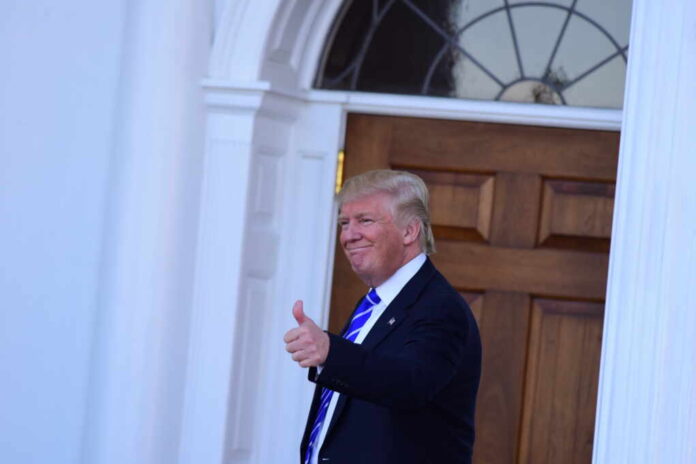
President Trump’s move to block state interference in AI regulation exposes a critical battle over federal power and innovation in technology.
Story Snapshot
- Trump considers an executive order to stop state-level AI laws, aiming to enforce a single federal standard.
- White House frames state AI regulations as “woke” and harmful to innovation, vowing to prevent ideological bias in federal tech.
- Fifty states have introduced AI bills, creating a legal patchwork and uncertainty for businesses and Americans.
- Potential legal fights loom as states defend their right to regulate, raising questions about the limits of federal power.
Trump’s Stand Against State “Woke” AI Laws
President Trump is weighing an aggressive executive order to block state-level regulation of artificial intelligence, a move that would preempt the flood of new AI laws being pushed through legislatures across all fifty states. Trump’s July 23, 2025 order already mandated “Unbiased AI Principles” for federal agencies, signaling his resolve to keep AI free from political manipulation in government procurement.
According to the White House, state policies risk creating a patchwork of conflicting requirements that would burden businesses, stifle technological advancement, and erode the uniformity needed to keep America’s AI leadership strong. Trump’s administration insists that only a centralized, federal approach can ensure artificial intelligence remains neutral and beneficial for all citizens, without bowing to divisive cultural trends or politically charged mandates.
Watch:
State Pushback and Federal Power Struggle
State lawmakers, however, have fiercely defended their right to regulate technology for their residents, arguing that local action protects consumers and addresses unique community concerns. Many states have introduced AI bills to tackle issues ranging from election security to healthcare and criminal justice. Some are preparing for legal showdowns, warning that any federal order to override state authority would provoke constitutional challenges and could end up before the Supreme Court. This escalating conflict highlights the deeper struggle between federal and state power—a bedrock issue for conservatives who value limited government but also seek to prevent ideological overreach by activist states.
BREAKING: President Donald Trump is considering an executive order that would seek to preempt state laws on artificial intelligence through lawsuits and by withholding federal funding, according to a draft of the order seen by Reuters https://t.co/30yOy5QiJL pic.twitter.com/si0l3rsB96
— Reuters (@Reuters) November 19, 2025
Implications for Innovation, Rights, and the 2026 Election
If Trump signs the anticipated executive order, the immediate impact will be a wave of legal uncertainty for businesses, which must navigate clashing state and federal requirements. Tech companies, both large and small, could face new compliance headaches or benefit from simplified rules—depending on the final scope of federal action. For everyday Americans, the stakes are high: unchecked state regulation risks embedding ideological litmus tests into the technologies that shape daily life, from job applications to medical care and online speech. The fight over AI is set to become a defining issue for the 2026 election, as conservatives rally to defend the Constitution and push back against the radical reengineering of American society through technology.
Sources:
White House Executive Order, July 23, 2025: “Preventing Woke AI in the Federal Government”
National Conference of State Legislatures (NCSL): “Summary of Artificial Intelligence 2025 Legislation” (updated July 10, 2025)

























